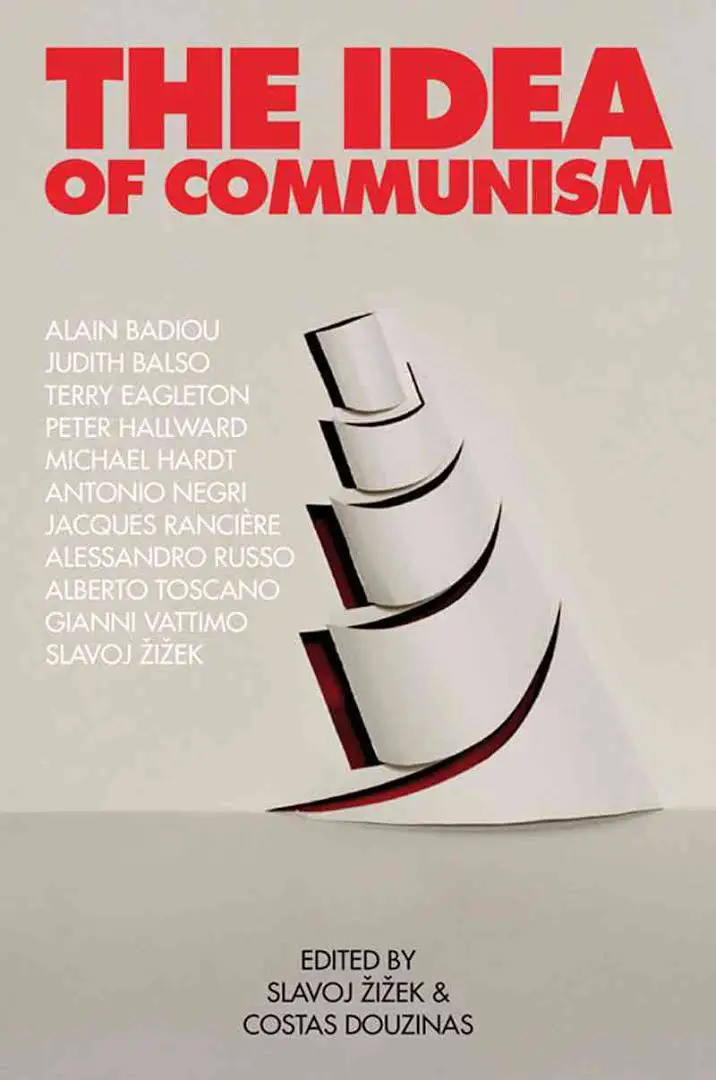The long night of the left is drawing to a close. The defeat, denunciations and despair of the 1980s and 1990s, the triumphalist ‘end of history’, the unipolar world of American hegemony — all are fast becoming old news. In Europe, in the year 2000, Jürgen Habermas and Ulrich Beck enthused about the European Union… Continue reading The Idea of Communism (Introduction)
Tag: idea
Beyond Mandela Without Becoming Mugabe
[Transcript below video.] In view of the difficult situation in which we all, in Europe, are, now I have quite many things to say. So, let me begin. Today, the very idea of a radical social transformation appears as an impossible dream, but this term (impossible) should make us think. Impossible and possible are distributed… Continue reading Beyond Mandela Without Becoming Mugabe
The Buddhist Ethic and the Spirit of Global Capitalism
[Lecture given at EGS on August 10th 2012. You can find the transcript of the video below.] WOLFGANG: Nietzsche pointed out the most dangerous person in the world is a philosopher because it comes in everything it was agreed on is no longer clear, it confuses everyone and tonight we have a founding professor of EGS,… Continue reading The Buddhist Ethic and the Spirit of Global Capitalism
Communist Absconditus (transcript)
[Transcript below video.] Schirmacher: If you don’t know him, you don’t live in this world. Obviously he is the one best-known philosopher in the world, the not the best but the best-known …. To say, the most dangerous one, you know. And he has already threatened us with his last 1000-page book, Hegel is coming… Continue reading Communist Absconditus (transcript)
Let Us Demand the Impossible: Communism
[Abstract by ABC:] In the late 90s, political theorists, economists and politicians were talking confidently about the end of history and the undisputed triumph of liberal “democratic” capitalism. Communism was written off as dead and buried. But after 9/11, the GFC, the Arab Spring, and the protests spreading over Europe, the ideological gloss of capitalism… Continue reading Let Us Demand the Impossible: Communism
Let Us Demand the Impossible: Communism (podcast)
[The video of this talk is available here and on YouTube.] http://mpegmedia.abc.net.au/tv/bigideas/fodi_slavojzizek_full.mp3 [Abstract by ABC:] In the late 90s, political theorists, economists and politicians were talking confidently about the end of history and the undisputed triumph of liberal “democratic” capitalism. Communism was written off as dead and buried. But after 9/11, the GFC, the Arab Spring,… Continue reading Let Us Demand the Impossible: Communism (podcast)
Humanism is not enough, Interview with Michael Hauser
[Appeared in 2009, International Journal of Zizek Studies, Vol. 3, No. 3, pp. 1-20; Interview held in November 2007. (pdf)] On a large scale you draw from Lacan and you show his potential usable to found a new direction of thought, sometimes called a post-deconstruction. Could you outline this new thought? First, I should clarify… Continue reading Humanism is not enough, Interview with Michael Hauser
An Interview with Slavoj Zizek, Interview with The Believer
Slavoj Žižek is as paradoxical as his world-renowned work, as much a serious intellectual as a comedian. Were it not for his vivid examples drawn from popular culture, the tangential though insightful ideas in his many books would be lost on the world and limited to a select few. He is an expert in Lacan,… Continue reading An Interview with Slavoj Zizek, Interview with The Believer
Civil Society, Fanaticism, and Digital Reality: A Conversation with Slavoj Zizek, Interview with Geert Lovink
Geert Lovink: Let’s speak about the role of intellectuals. Before 1989, there was a strange relationship among intellectuals and those in power in Eastern Europe. Both bureaucrats and dissidents had some sort of relationship with politics. Even now, this is partly the case. In Western Europe this phenomenon disappeared and it is hard to see… Continue reading Civil Society, Fanaticism, and Digital Reality: A Conversation with Slavoj Zizek, Interview with Geert Lovink
